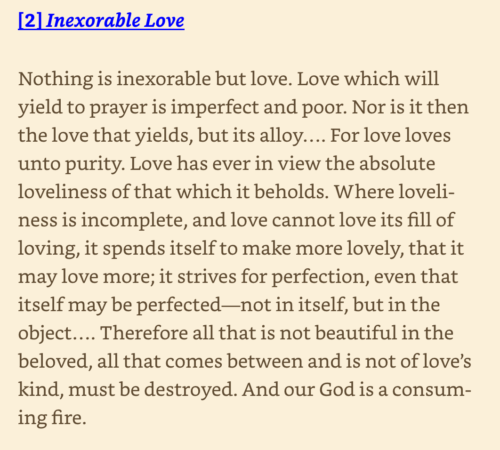For Father Richard, liminal space transforms us when we are attentive to the presence of God in times of change:
The Latin word limen means “threshold.” Liminal space is an inner state and sometimes an outer situation where we can begin to think and act in new ways. It is where we are betwixt and between, in transition, having left one room or stage of life but not yet entered the next. We usually enter liminal space when our former way of being is challenged or changed—perhaps when we lose a job or a loved one, during illness, at the birth of a child, or a major relocation. It is a graced time, but often does not feel “graced” in any way. In such space, we are not certain or in control.
The very vulnerability and openness of liminal space allows room for something genuinely new to happen. We are empty and receptive—blank tablets waiting for new words. Liminal space is where we are most teachable, often because we are most humbled. Liminality keeps us in an ongoing state of shadowboxing instead of ego-confirmation, struggling with the hidden side of things, and calling so-called normalcy into creative question.
It’s no surprise then that we generally avoid liminal space. Much of the work of authentic spirituality and human development is to get people into liminal space and to keep them there long enough that they can learn something essential and new. [1]
We all need to consciously spend time at the thresholds of our lives, and we need wise elders to create and hold such spaces for us. Liminality is a form of holding the tension between one space and another. It is in these transitional moments of our lives that authentic transformation can happen. Otherwise, it is just business as usual and an eternally boring, status quo existence.
Over the decades, I’ve seen the need for such liminal spaces again and again. Without some sort of guidance and reframing, we don’t understand the necessary ebb and flow of life, the ascents and descents, and the need to embrace our tears and our letting go as well as our successes and our triumphs. Without standing on the threshold for much longer than we’re comfortable, we won’t be able to see beyond ourselves to the broader and more inclusive world that lies before us.
Revelation 3:20 tells us that Christ stands at the door and knocks. Too many of us want to show up at the doorway looking prim and proper and perfect. We stuff our egos and anxieties in the front hall closet so Christ won’t see them when we open the door. But Christ isn’t showing up to see our perfect selves. Instead, we are invited into a real, deep, transformative conversation, there on the threshold between who we are and who we can become, if we are willing to let go of what holds us back. [2]
The following is from an anthology composed by CS Lewis of daily snippets from his hero and mentor, George MacDonald.
